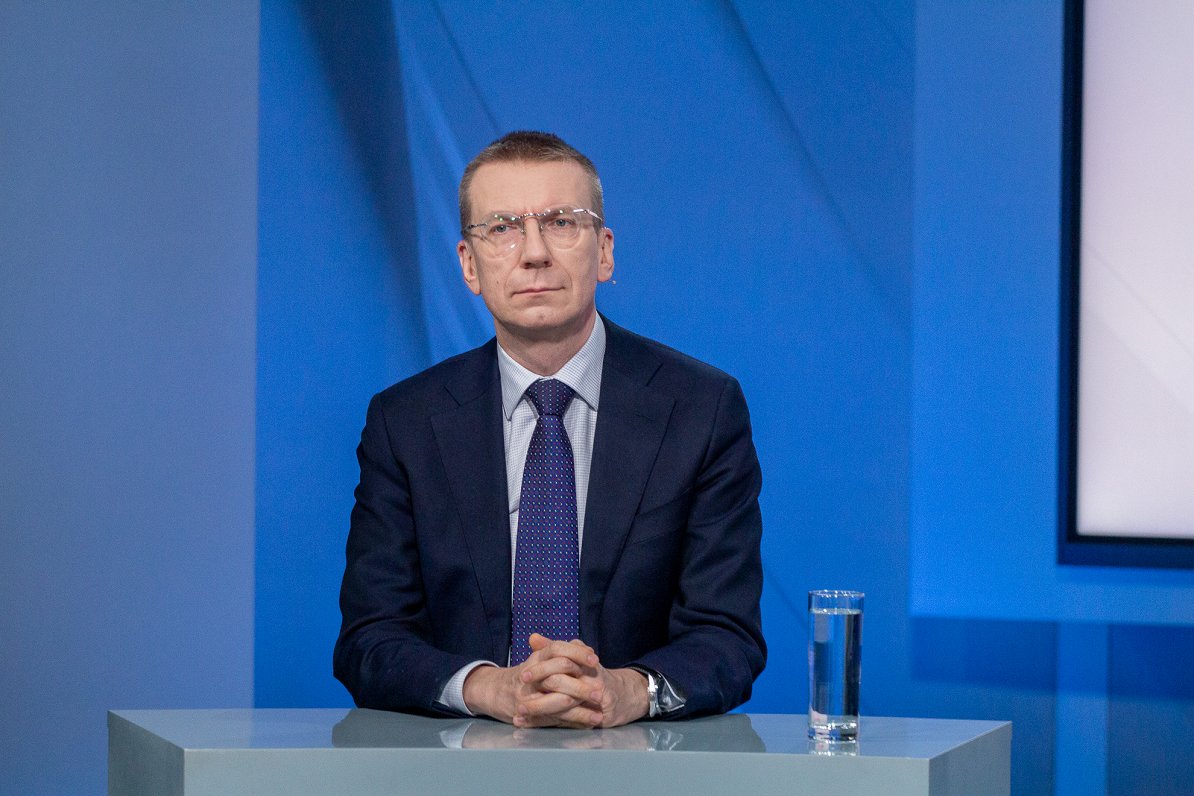Latvian President Urges EU Countries to End Russian Energy Ties
Latvian President Edgars Rinkēvičs has called on European Union countries to fully sever energy ties with Russia, urging Hungary and Slovakia to follow Latvia’s example and intensify support for Ukraine.

Latvian President Calls for EU Unity on Russian Energy
Latvian President Edgars Rinkēvičs has publicly urged all European Union member states to end their reliance on Russian oil and gas, highlighting Latvia’s own transition to complete independence from Russian energy supplies. In an interview with Euronews, Rinkēvičs emphasized that Latvia, once entirely dependent on Russian energy in 2017, now sources oil and gas from a diverse range of countries. He argued that political will is the decisive factor in achieving such a transition, and called on Hungary and Slovakia—two EU nations still purchasing Russian energy—to follow suit, according to reporting by Fakti.bg.
The president’s remarks come as the EU has already made significant progress in reducing its dependence on Russian energy. European Commission data shows that Russian crude oil imports have dropped from about 27% to 3%, and natural gas imports have fallen from 45% to around 18-19%. However, resistance from Hungary and Slovakia has slowed a complete phase-out, with both countries citing economic and logistical challenges.
Impact on Ukraine and Sanctions Debate
Rinkēvičs linked the issue of energy dependence directly to the ongoing war in Ukraine, stating that a rapid withdrawal from Russian energy markets could have a substantial impact on Russia’s ability to finance its military operations. He advocated for stricter sanctions and the use of frozen Russian assets—estimated at €210 billion—for military and economic support to Ukraine. The Latvian leader also called for secondary sanctions on countries that help Russia circumvent existing EU measures.
During his address to the United Nations General Assembly, U.S. President Donald Trump echoed similar sentiments, sharply criticizing European countries for continuing to purchase Russian energy and suggesting that such actions indirectly fund the war against Ukraine. Trump has pressed European allies to match U.S. efforts in imposing economic pressure on Moscow, while also warning of potential new tariffs if Russia does not move toward ending the conflict, as reported by the National Post.
Security Guarantees and Regional Tensions
Rinkēvičs also addressed broader security concerns, supporting efforts led by France and the United Kingdom to develop post-war security guarantees for Ukraine. He stressed the need for U.S. involvement, particularly in logistics and intelligence, even if not through direct troop deployments. The Latvian president’s comments come as NATO allies face increased Russian military activity near their borders, with recent airspace violations prompting calls for a stronger alliance response.
While the EU and NATO have pledged continued support for Ukraine, the debate over energy ties with Russia remains a point of contention within the bloc. European Commission President Ursula von der Leyen acknowledged the progress made but indicated that work remains to fully eliminate Russian energy imports, with a 2027 target still under discussion.